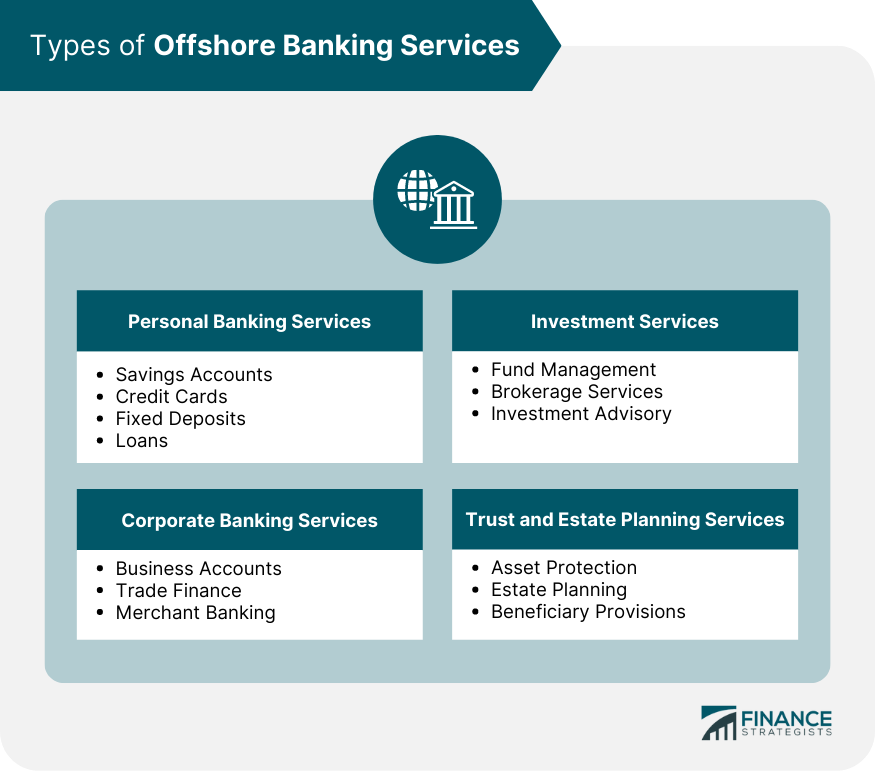Offshore Company Formation: Structure Your Service Past Borders
Offshore Company Formation: Structure Your Service Past Borders
Blog Article
Comprehending the Lawful Implications of Offshore Company Development

Legal Structure for Offshore Companies
When developing an overseas company, recognizing the legal structure governing its formation and operation is vital for conformity and risk management. Offshore companies operate under certain regulations and laws that vary from those of onshore entities. The lawful structure for overseas business typically includes provisions for company registration, shareholder requirements, director responsibilities, and tax obligations.
Company registration involves submitting the necessary documentation to the ideal governing authorities in the picked territory. This procedure commonly needs in-depth info about the company's framework, investors, and designated activities. Additionally, offshore firms need to abide by particular shareholder requirements, such as keeping a register of investors and keeping this information approximately day.
Supervisors of overseas companies have fiduciary tasks to act in the best rate of interests of the firm and its shareholders. By sticking to the lawful framework regulating overseas companies, services can run with confidence while lessening lawful risks.


Tax Obligation Effects and Laws
Understanding the tax obligation effects and policies is paramount when taking into consideration the facility and operation of an overseas business. Tax obligations play an important function in the decision-making process of whether to establish up an overseas entity. Offshore business are often based on beneficial tax obligation routines, offering minimized or zero tax obligation prices on foreign-earned earnings. However, it is necessary to navigate these tax advantages very carefully to ensure compliance with both the laws of the overseas jurisdiction and the home country.
Tax obligation laws for offshore companies vary substantially throughout territories, and it is essential to seek skilled recommendations to recognize the specific requirements and obligations. Failure to conform with tax legislations can lead to serious repercussions, consisting of large penalties, reputational damages, and also lawsuit. In addition, overseas territories might have reporting commitments to divulge economic details to pertinent authorities. Consequently, detailed expertise of tax obligation regulations and guidelines, in addition to appropriate tax planning, are necessary to ensure the successful and certified operation of an overseas firm.
Conformity Requirements and Reporting
Making sure compliance with regulative needs and maintaining precise reporting are essential facets of managing an overseas business efficiently and transparently. Offshore companies should follow the regulations and click for more regulations of check it out both the jurisdiction in which they are integrated and any kind of various other pertinent jurisdictions where they conduct business. Compliance demands generally consist of submitting annual returns, monetary declarations, and tax reports with the proper authorities. Failing to meet these responsibilities can cause penalties, fines, or perhaps the retraction of the company's registration.
Along with regulative compliance, offshore business are typically based on reporting needs to make certain openness and protect against prohibited tasks such as cash laundering or tax obligation evasion. Reporting responsibilities may involve disclosing information about the company's possession framework, economic tasks, and beneficiaries. This information may require to be shown to governing bodies, tax obligation authorities, or other governmental agencies, depending on the territory.
Keeping detailed and exact documents is essential for demonstrating conformity and replying to any type of inquiries or audits efficiently. Offshore firms must execute robust coverage devices and internal controls to ensure that they satisfy all lawful needs and run with stability.
Asset Security and Personal Privacy Rules
In the realm of offshore company formation, a critical factor to consider is the interaction in between property security methods and personal privacy legislations. By structuring possessions within an offshore company, people can guard their wide range and diversify their holdings across different lawful structures. Eventually, understanding the intricate relationship in between possession security strategies and personal privacy regulations is vital when thinking about offshore firm development.
Obstacles and dangers to Consider
When venturing right into offshore business development, prudent consideration of potential risks and obstacles is essential for notified decision-making and strategic planning. In addition, political instability or changes in offshore jurisdictions can posture a risk to the connection of procedures and the protection of assets held by the overseas business.
Difficulties might likewise develop worrying the complexity of overseas firm structures and the need for skilled lawful and economic advice to navigate the elaborate regulative structures of various territories (offshore company formation). Keeping compliance with varying international laws and policies, in addition to prospective language obstacles and social distinctions, can further complicate the offshore company formation process. It is important to be knowledgeable about these dangers and difficulties prior to continuing with offshore business formation to reduce potential mistakes and guarantee a smooth and lawfully sound establishment
Conclusion
In verdict, overseas business formation entails browsing complex legal structures, tax implications, conformity demands, and privacy regulations. Recognizing these elements is important for reducing risks and obstacles connected with overseas company procedures. It is very important for services and individuals taking into consideration offshore firm formation to look for expert guidance to make sure compliance with laws and to safeguard their properties successfully.
The legal structure for offshore business usually consists of arrangements for firm registration, investor demands, supervisor responsibilities, and tax obligation obligations.
Supervisors of offshore business have try this web-site fiduciary duties to act in the finest interests of the business and its investors. By adhering to the lawful framework controling offshore firms, services can operate with confidence while lessening lawful risks.
Furthermore, political instability or adjustments in offshore jurisdictions can present a threat to the connection of procedures and the security of possessions held by the offshore business. - offshore company formation
In conclusion, offshore business development involves navigating complicated lawful frameworks, tax effects, conformity requirements, and personal privacy legislations.
Report this page